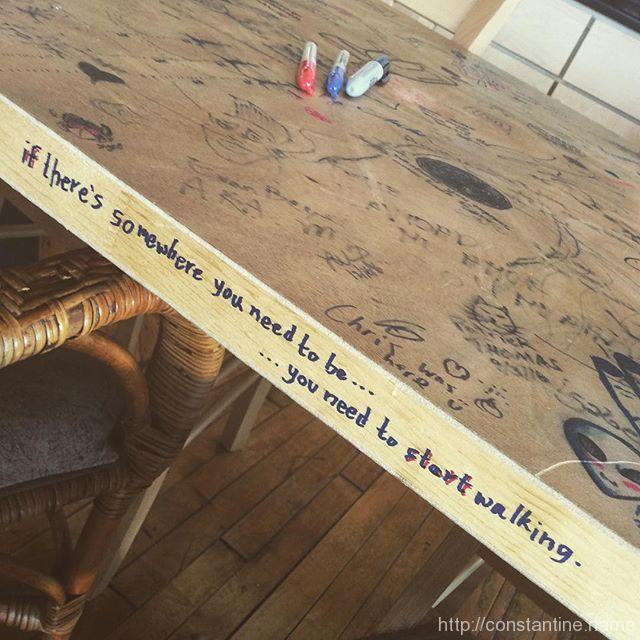“The obstacle is the way” is not a phrase from Art du Déplacement. It’s a two-thousand-year-old comment from a Stoic (writing in a personal journal to himself.) In a similar vein, he also wrote that, “nature turns all things to its own purpose.” Likewise the more modern “Rust never sleeps,” is equally pithy.
The real lesson is of course that there’s a season for everything. Sometimes more challenge is the key to progress, and sometimes simply being is the key. (Which is also something thoroughly covered in the Stoic philosophy. And please: Stoicism is not at all about suppressing one’s feelings.) I think I learned that seasons lesson early on from bicycling. I’m from Pennsylvania, from an area of rolling, often wooded, hills. Every bike ride ever was an endless repetition of “down a hill, ’round a corner, up a hill, round a corner, down a hill, …” In a very real sense, all parts of that were equally fun.
In a comfortable, prosperous country like ours, some of the built in tendencies of Human nature tend to work against us, saying, “Hey – I’ve noticed we have plenty of food and reasonable shelter and that’s good enough. So let’s just double down on the Netflix, comfort foods, and occasional luxury purchases and that will keep us safe.” Instead, I want you to set your life treadmill to just a bit of a steeper, healthier incline setting.
~ Peter Adeney from, The Arizona Experiment!
I’d like to mention that “Culdesac” in that linked URL is a town’s name; You can go read that article either for the life advice, or to learn about one of several towns in the U.S. now which are being built as people-first. (As opposed to basically every other town and city which is built as cars-first.)
ɕ
